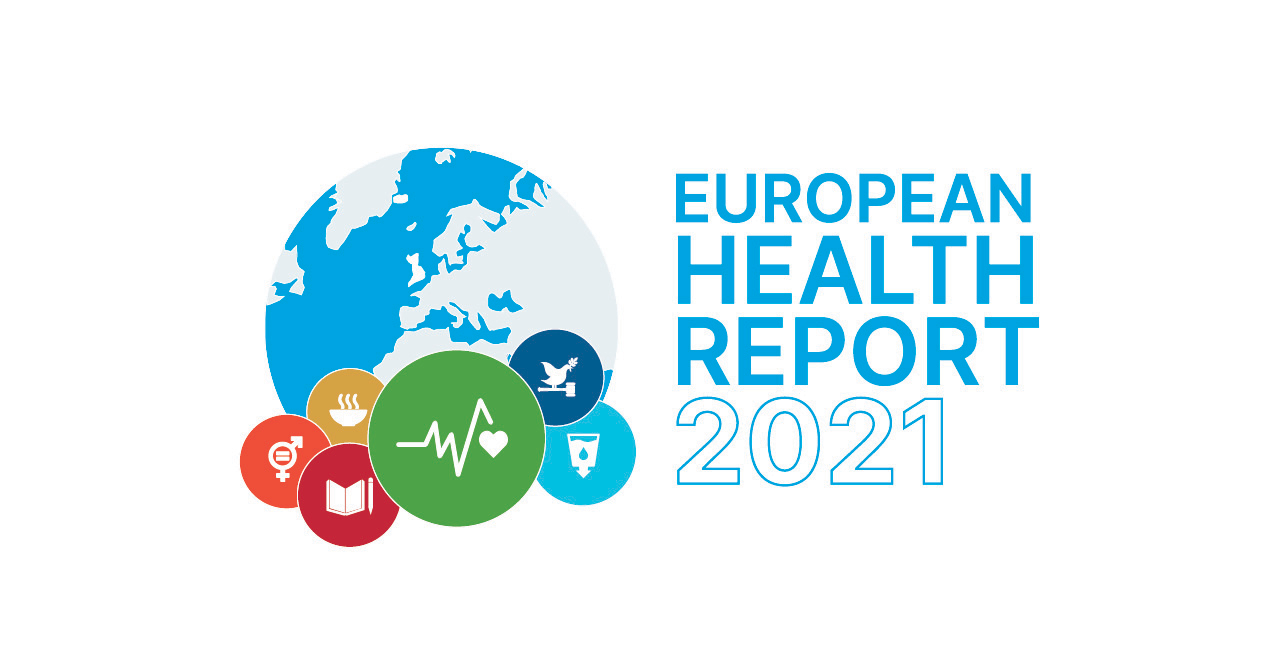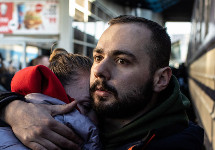As COVID-19 continues to circulate, ensuring our most vulnerable populations are protected through vaccination
Although the Public Health Emergency of International Concern caused by COVID-19 has now ended, it is important to stress that the pandemic has not. The virus has not gone away; it is still circulating widely, still developing mutations and in some countries, hospitalizations are rising. As the European Region transitions to living with COVID-19 alongside other respiratory diseases, the need to protect those most at risk from severe consequences from these diseases remains just as important as ever.
People spend more time indoors together over the autumn and winter, and the Region needs to prepare for another potential surge in COVID-19 cases alongside a likely increase in seasonal influenza. By continuously assessing our risk of exposure to the virus and practicing simple measures, such as regular hand hygiene, sneezing into an elbow, ventilation, crowd distancing and mask wearing when and where it matters most, all of us can help to reduce transmission. It is important that the most vulnerable populations – older people, people with underlying health conditions, pregnant women and health-care workers – get vaccinated for both COVID-19 and influenza.
In the United Kingdom, the autumn 2023 COVID-19 booster programme is targeting frontline health workers and some of those most at risk from severe disease outcomes, including older people (over 65s) and those with underlying health conditions.
WHO/Europe spoke to some of those who received their latest booster in the springtime or are expecting to get it shortly, about why they think vaccination is so important.




